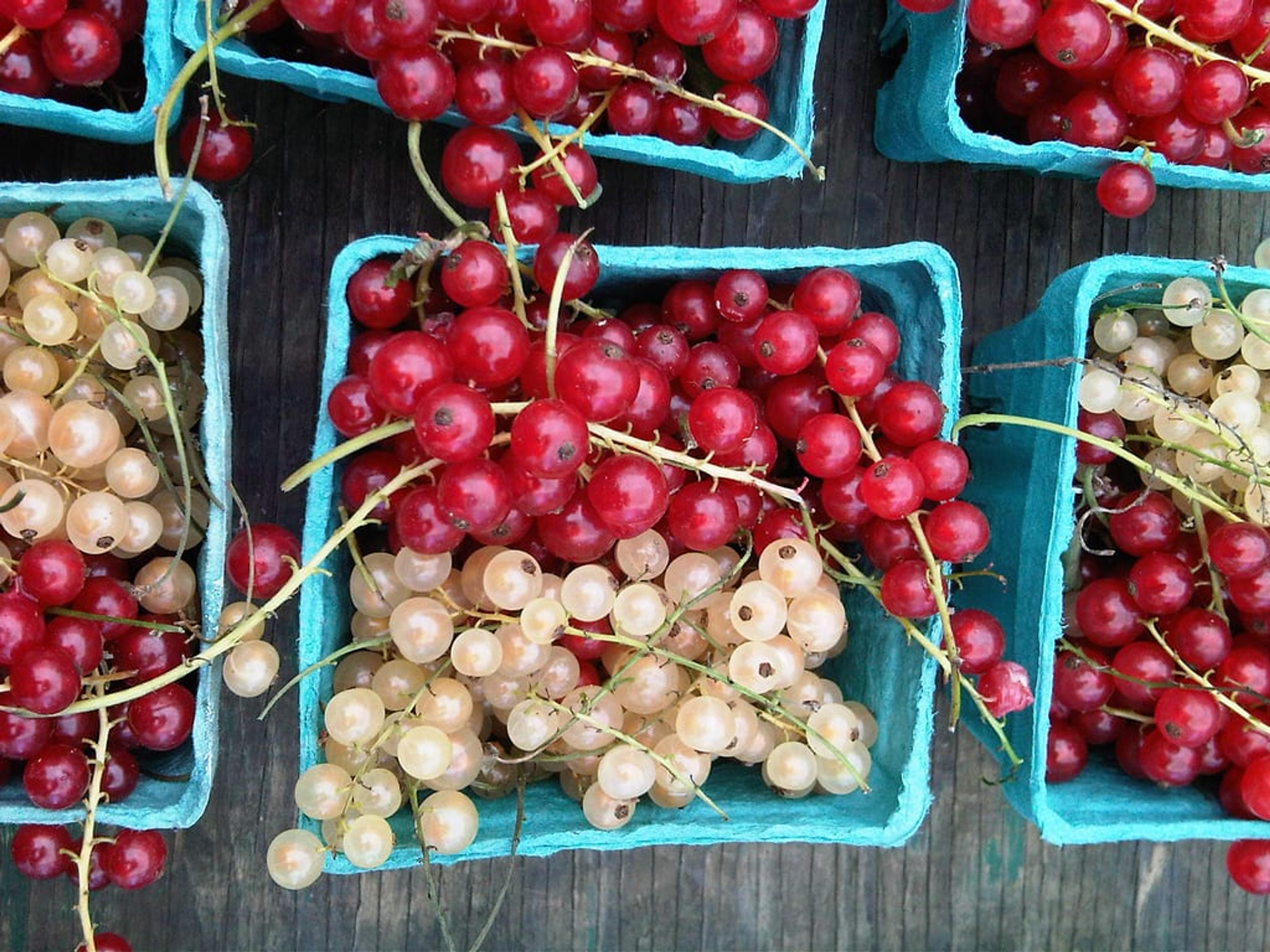Food as Medicine: Statewide Efforts Expanding Access to Farmers Markets
Julie Bitely
| 4 min read

This is the second in a series of posts about the connections between eating fresh produce and better health. This post explores efforts happening across Michigan to expand access to farmers markets for lower-income people and those with chronic diseases. Frequenting farmers markets can not only improve your health, it helps sustain local farmers and food producers who live and work in your community. Increasingly, health care providers across the state are prescribing fresh fruits and vegetables to their patients. Many initiatives provide vouchers or tokens to lower-income, chronically ill patients to visit local farmers markets, an effort the Michigan Farmers Market Association supports. Michelle Gagliardi, Programs Director at the Michigan Farmers Market Association, said farmers markets have long been a hub for a healthy community. Many markets in Michigan have innovated by offering yoga and Zumba sessions to attract shoppers, and hospitals and other local health organizations sometimes set up shop to reinforce the connection between good food and good health. Gagliardi is leading statewide efforts to standardize produce prescription programs. In 2017, the association published an overview of best practices and is currently working on a two-year set of priorities. Those include:
- Fostering increased collaboration between programs at different markets.
- Increasing awareness of programs.
- Identifying barriers that exist to implementation and working with legislative and institutional entities to remove them to expand programming.
- Identifying sustainable funding models.
- Developing standards for pre- and post-evaluations to measure behavior changes sparked by programs.
The goal is to help markets and community groups move forward with prescription programs equipped with the best methodologies to make them work. “Everyone is kind of in a different place right now,” she said. In addition to the work around establishing best practices for prescription programs, Gagliardi said the association has worked very hard to expand access to lower-income visitors. Not only is it good for the health of a vulnerable population, it creates a broader customer base for farmers. In 2009, the association received grant funding that enabled the organization to recruit farmers markets to accept Supplemental Nutrition Assistance Program, or SNAP benefits, which provides nutrition assistance to eligible low-income individuals. By 2017 more than half of the state’s farmers markets had signed on. Further efforts are underway to understand why some markets haven’t adopted the program. Identified barriers include lack of technology or power source to implement the devices needed to make it work. To counteract that barrier, the association is working to address technological issues so more markets can take advantage of SNAP dollars. The association also works with Fair Food Network to implement the Double Up Food Bucks program, which allows SNAP recipients to get up to a $20 match for Michigan-grown produce when they spend SNAP money at a Michigan farmers market. The organization has also hired Food Navigators who support low-income visitors to farmers markets by helping them understand how their SNAP benefits work at the market and be more comfortable shopping there. Currently, the Navigators are in place at seven markets in the state. They also put on cooking demonstrations to show visitors how to prepare veggies they might not be used to and children’s events that teach kids where and how fruits and vegetables are grown. A grant from the W.K. Kellogg Foundation helped the association partner with farmers on a program called Hoophouses for Health. That initiative provides a five-year interest-free loan to build a hoophouse, or greenhouse-type structure that allows farmers to extend their growing season. The association distributes vouchers to vulnerable families participating in Head Start or Great Start Readiness programs to buy produce from participating farmers. The farmers then submit their vouchers to the association to “pay off” the loan, essentially allowing them to work off the balance in produce rather than cash. Gagliardi said the association will continue to advocate for programs that put local produce in vulnerable Michiganders’ hands. Check back to learn more about how the Blue Cross Blue Shield of Michigan Foundation is supporting various produce prescription initiatives and how the programs are impacting individuals. Read an earlier post about the concept of prescription produce programs. Photo credit: MaineLobsterCurmudgeon





